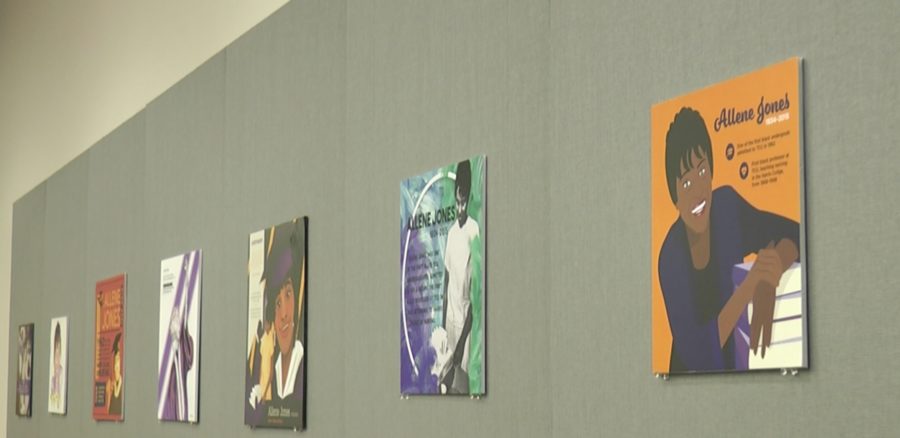A new major in women and gender studies could be on the horizon in the fall. TCU has offered a minor in women and gender studies for 24 years, Dr. Theresa Gaul, an English professor and the program director, said, but the number of students minoring in women and gender studies recently increased. “That was a good indicator to us that there might be interest in a major,” Gaul said. Program proposals are reviewed by multiple committees for approval. Nowell Donovan, the provost and vice chancellor for academic affairs, is the chair of the university committee, which has the final say on degree programs. “Bottom line from my perspective is can we afford it,” Donovan said. “We can’t afford to fulfill everybody’s dream. We just have to select the best dreams.” However, Gaul said Donovan supports adding a women and gender studies major. The department began preparing the new major in August. Gaul said the university committee’s decision should be released in April, so students could start enrolling in fall 2018. The women and gender studies major was prompted in part by the addition of the comparative race and ethnic studies (CRES) major last year. Gaul said the programs often coincide. “We see our programs as having shared missions in many ways,” she said. Gaul and the associate director of women and gender studies, Dr. Nino Testa, are both affiliated with CRES. The programs hosted a joint event Wednesday to celebrate Black History Month and Women’s History Month. The event honored TCU alumna Allene Jones, one of the first three black TCU undergraduates and TCU’s first black professor. Testa said the function was created to build a bridge between the two disciplines. “We tried to focus on intersectionality in an intentional way,” Testa said. Issues surrounding gender are in the public eye now more than ever, Gaul said. She said the classes women and gender studies offers are an intellectual space for students to explore these dynamics. “We want to be attuned to that need for students in this cultural moment,” Gaul said. “You hear, sometimes, very shallow snap-judgments about certain issues in the public sphere, but our classrooms are really a place to study these things deeply and carefully.”
Categories:
Women and gender studies looks to offer a major program in the fall
Published Mar 4, 2018




